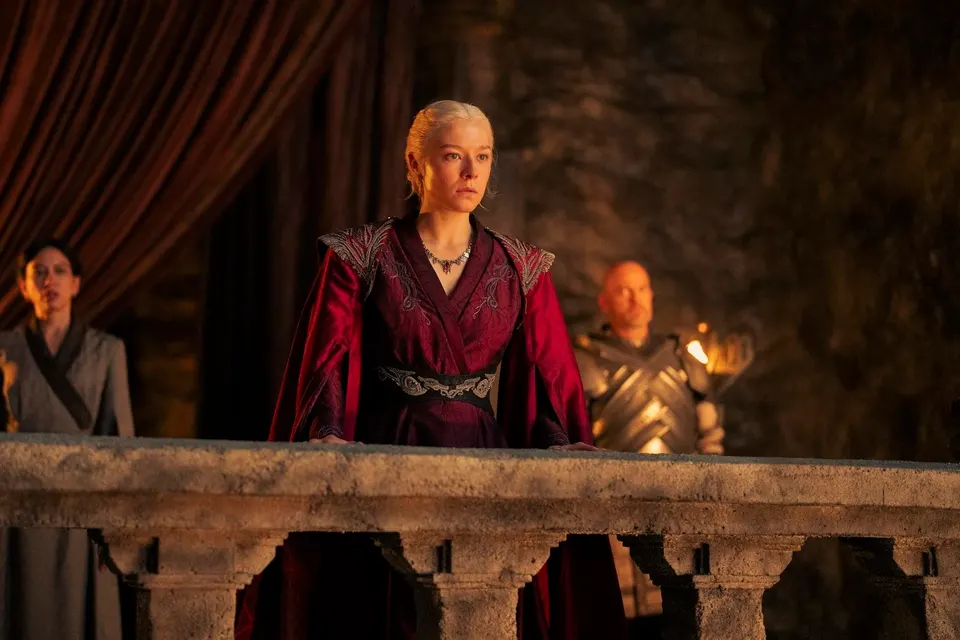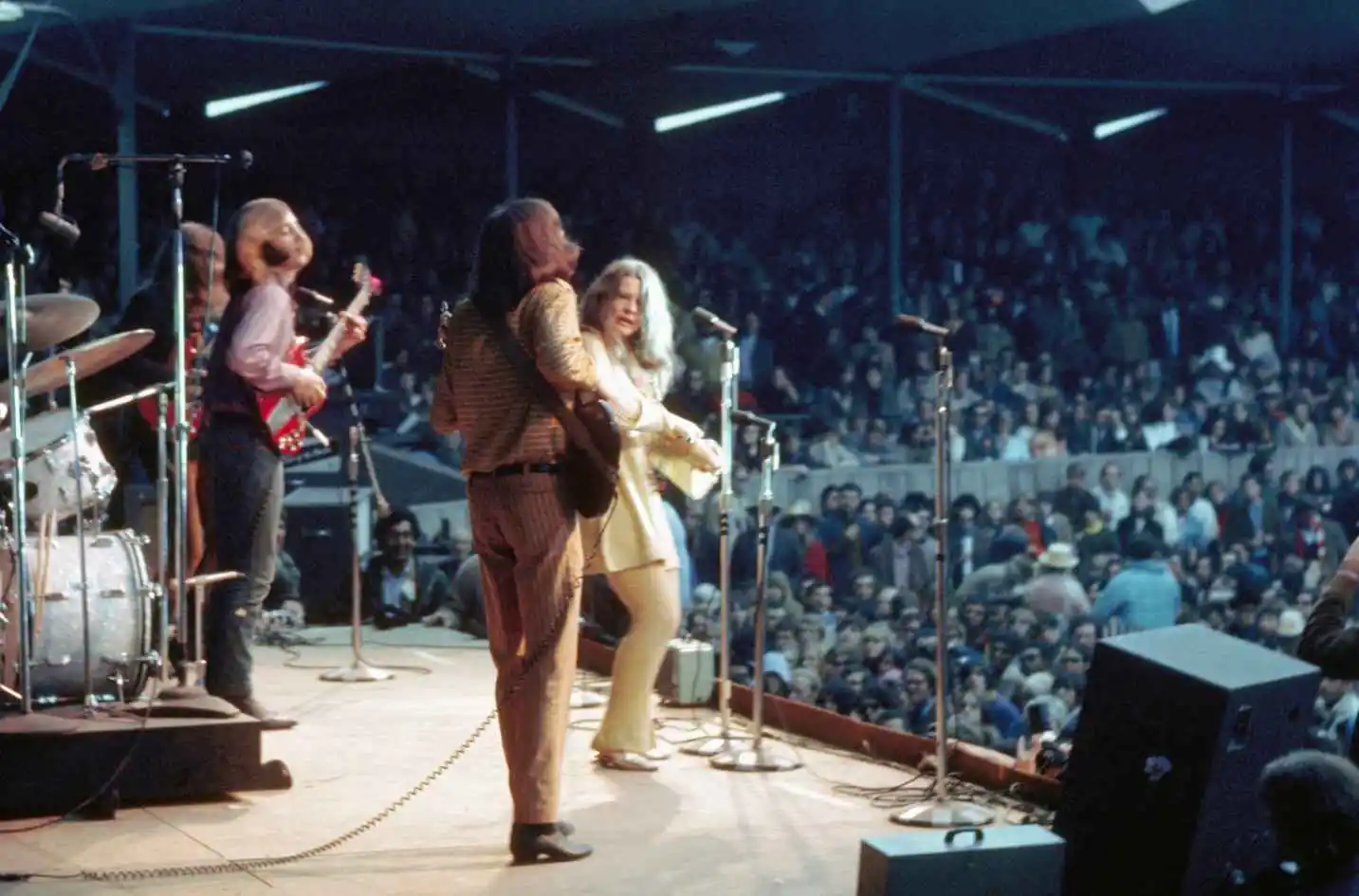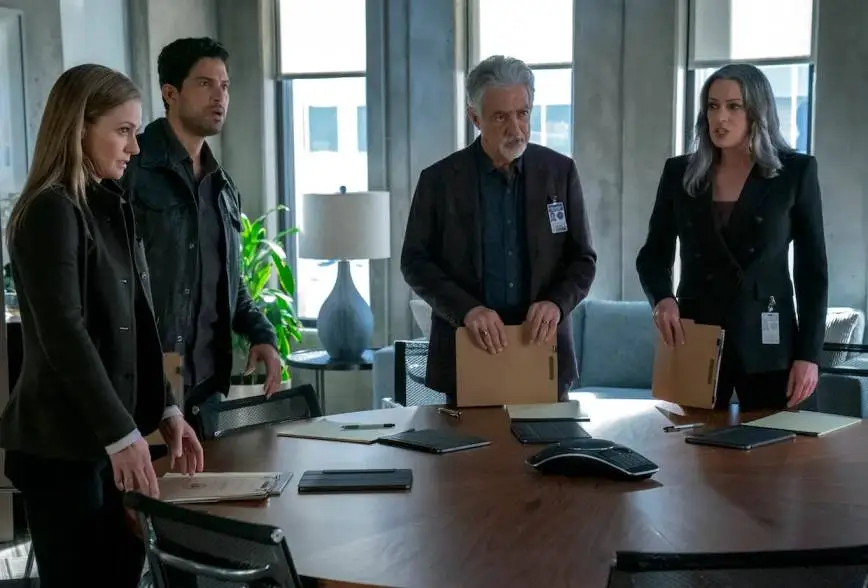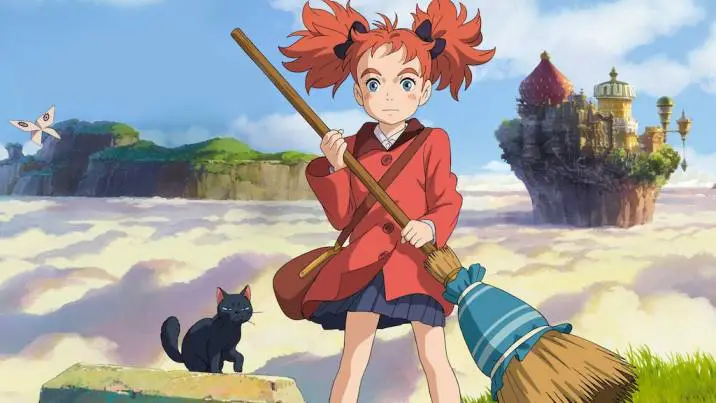Similarly as with the two greatest films of last year (Barbie and Oppenheimer), the greatest film of 2024 so far is additionally a very thick, logically convincing, ethically complex work of realistic craftsmanship. It's thrilling and intriguing to contemplate its amazing tale of command over the planet Arrakis, and, surprisingly, more invigorating understanding that crowds are gobbling this up.
Regardless of whether the philosophical thoughts may not land as profoundly with every watcher, evidence genuinely having faith in moviegoers as savvy individuals is really the correct way to take these days. Hill: Section Two is playing in auditoriums overall and in the wake of watching it multiple times at the film, I should dive into its philosophical side. The clearest subjects are power and control, alongside destiny and fate.
Nonetheless, it likewise makes me wonder about a greater dilemma: what does it truly take to oust an oppressor and is there really a fruitful method for accomplishing harmony and opportunity for all? Or then again will it generally lead to more persecution?

One significant note prior to going on - I have not perused Candid Herbert's books. I knew all about where the story goes and the overall thoughts inside the books, but my considerations in this article depend totally on what we're displayed in Denis Villeneuve's two motion pictures.
Rise: Section Two is adjusted by Denis Villeneuve alongside science fiction screenwriter Jon Spaihts. I likewise concur with this point made in Clint Gage's publication on Rise: Section Two and the distinctions from the book distributed on IGN: "The greater philosophical point about transformations however is that they ought to appear as something else.
Villeneuve and Spaihts composed the two pieces of Hill with an eye on the past and future that would do right by the Kwisatz Haderach, by adjusting the source material through space, time and a portion of zest." Regardless of whether there are sure philosophical thoughts raised or made sense of in the books, my discussion depends simply on what Villeneuve and Spaihts have decided to show on screen, and how Paul's circular segment advances over these two motion pictures up until this point. Obviously, I knew all about where it leads with Paul (it ain't great) which reminds me to show that there will be all out spoilers from now on. Clearly.
Rise: Section Two proceeds with a cutting edge science fiction pattern where it poses an entire bundle of charming inquiries, raises a lot of entrancing thoughts and worries for watchers to consider, while declining to give all the more clear or valuable solutions to these worries, or a hopeful way to continue (in our genuine world or minds).
It's a given (however I'll say it at any rate) that our planet isn't in a decent spot at the present time - with wars and tumult and inconveniences on practically each and every landmass. An epic science fiction film like this, while clearly founded on books that were motivated by the oil-fixated days of the 1950s and 60s, is remarking on our life as people on Planet Earth and is recounting to a story that we can connect with as we battle for opportunity and harmony similarly as Paul and Chani do in the main portion of Section Two.
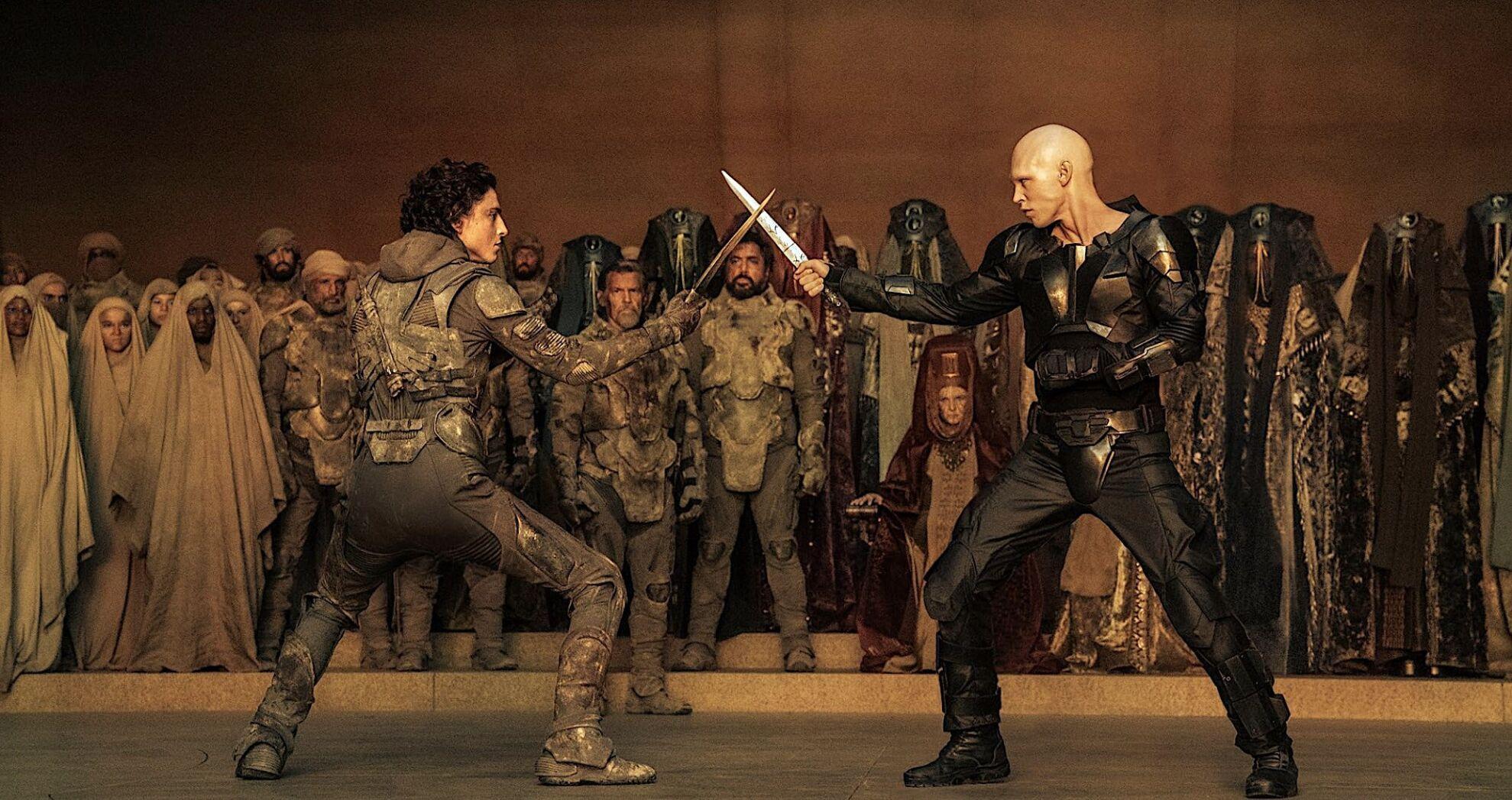
Nonetheless, however much it very well may be a decent tale about Fremen retaliating on Arrakis, it transforms into something different and turns into a useful example. Sadly this implies it's anything but an aide for how to accomplish harmony and balance. Also, a large number of the philosophical thoughts in it are questions as opposed to responds to. At any rate, I can't give conclusive responses either, yet I'm actually allured by the inquiries.
The two primary philosophical subjects found inside Ridge: Section Two are: destiny/predetermination, your picked way as an individual, the amount of control you possess over it, and the amount you just ought to surrender to and follow it. Alongside power/control, the fanatical quest for it, the "math" of force (as alluded to in a line of exchange), and how pursuing power can make those seeking after it lose all control or lowliness.
The topic of destiny and resignation is most conspicuous, a typical subject in many, numerous science fiction films. The Framework is likewise about this identical philosophical problem also. Does Neo have through and through freedom - regardless of whether he chooses to abandon his foreordained way?
What in all actuality does unrestrained choice try and mean? Could he at any point practice that choice? Could it be said that he is bound to turn into "The One", the legend of Zion and humankind? Might he at any point choose to turn into that legend or not?
What control does he have over his own life in the event that it is a prescience he will satisfy essentially by existing? Paul Atreides manages these sorts of weighty "legend" questions too all through both of Villeneuve's Hill motion pictures up to this point. With an additional proviso tossed in - the Bene Gesserit: murmuring and plotting and arranging and controlling the system for centuries. They "planted" him ages back and consequently he doesn't have control over his fate. Or on the other hand isn't that right?
There is one part of Rise: Section Two that I've been squabbling over since my absolute first watch. Watchers who have perused the books realize he is going to turn into a shrewd "Space Hitler-esque" severe forerunner in the following story. "He isn't the hero!" they broadcast. "Will crowds figure out this?"

Indeed, obviously, yet he needs to turn into the trouble maker first. In this film we just see him go up against the Ruler subsequent to drinking the blue water to acquire clearness with his dreams. In the last venture, he begins going towards being the abhorrent knave that he's predetermined (maybe? maybe not?) to turn into. On account of the Bene Gesserit's murmurs and plans. In any case, up until that second, up until he drinks the "worm piss", he truly is a "hero."
Truly. Investigate when you observe Section Two once more. He won't go south realizing it will take him to an exceptionally terrible spot. He battles for the Fremen, with the Fremen, taking on their beliefs and outlook. He communicates his craving to help them and be an illustration of a significant warrior, regardless of whether he is killed, so the cutting edge might emulate his example. He believes that should accomplish something beneficial. He appreciates the Fremen and their methodologies. He is doing whatever it takes not to turn evil - but rather the Bene Gesserit outwit him and he succumbs to their murmurs.
This is the point at which the film digs further into the hazier side of the cosmic system. My third review carried a nerve racking inquiry to mind: Could somebody at any point employ this much exceptional power (for example command over Flavor) and be great? Or on the other hand will they unavoidably forever be shrewd? Basically, is mistreatment expected one might say to effectively take advantage of, sell, and deal with an incredibly significant asset?
This is the center of Rise: Section Two in general. The initial expression articulated in this dull, throaty outsider language before the Warner Brothers logo comes up states: "Control over Flavor is control over all." Indeed, this implies that power and control are entwined, and it truly is basically impossible to control the Zest without having an excessive lot of force (since it's an imperative asset required for intergalactic space travel). There is even a second in this film where Paul discreetly murmurs that he isn't stressed over dealing with Arrakis, he is stressed over having an excess of force and this power will ruin him.
We should not fail to remember the exemplary statement: "Power will in general ruin; outright power defiles totally," expressed by English antiquarian Master Acton. Indeed, even on The planet, it is by all accounts an essential fact of the matter, subsequently stretched out into the Ridge universe, it truly does make you ponder: is there actually a way Paul could acquire sufficient ability to free the Fremen and Arrakis and not be ruined by that much power?
Those acquainted with the books realize that the story is basically a breakdown of the deliverer figure of speech, appearing there is no common sense of a genuine legend. It is unimaginable for there to be a sacred rescuer on Arrakis. The Fremen put stock in one, as a result obviously, as Chani states To a limited extent Two - the Bene Gesserit have established this idea and it gives them a misleading desire to clutch and sit tight for.
Regardless of whether that implies holding up hundreds of years. When you step back and look at Paul's circular segment To a limited extent Two, it truly is an extraordinary misfortune, much the same as Shakespeare's misfortunes of incredible men falling into twistings of despondency and madness. One convincing response from a watcher on Twitter states: "Ridge: Section Two has left me in imaginative rapture, and furthermore philosophical shock. THAT is the very thing that genuine craftsmanship is for. To remind us what it is to be human."
Alluding to what occurs as "philosophical deplorability" is fascinating on the grounds that it's attempting to deal with Paul's extraordinary battle in this film: endeavor to save the Fremen, bring down the Sovereign, change the universe everlastingly; however to do that decisively he should wed the Ruler's little girl, and that implies selling out Chani, and that implies deceiving the Fremen. This is marginally unique in relation to the book, yet it's as yet a close to home pummel and very overpowering when you endure it interestingly.
As fabulously engaging and wonderful as Rise: Section Two is as a science fiction blockbuster, it's likewise crammed with weighty feelings and interesting philosophical ramifications. I'm in wonderment of how the situation is playing out on screen, while additionally in amazement of all that is hustling through my brain with respect to the Fremen and their battle on Arrakis and the control of Flavor.
:quality(90)/cloudfront-us-east-1.images.arcpublishing.com/elcomercio/AHN5WKXYYNAFRPKXNR4C2YTUNM.jpg)
In the primary film, I cherished seeing Paul ascend to the call to lead an upheaval, going down a way he was not hoping to take. In the subsequent film, I'm shaken by his turn, and how his destiny is by all accounts beyond his control, regardless of how enthusiastically he attempts. I could do without this thought that our destiny isn't our own to control, similar as Neo in The Network. In contrast to The Network, however, Paul's way drives him to murkiness regardless of what trust I have watching his story.
The Ruler makes sense of close to the end that Duke Leto Atreides managed from the heart, and that made him "powerless", thus he must be annihilated. I maintain that Paul should govern from his heart, to be a pioneer who carries great to the cosmic system. However, maybe that is beyond the realm of possibilities when a portion of individuals on a planet admire you as a Divine being. Toward the finish of this subsequent film, we're left considering what will occur next when Paul chooses to begin a Sacred Conflict against different Places of the world. Unfortunately, the books let us know his future is certainly not a decent one.
Chani is correct up and down: "This 'prediction' is the means by which they subjugate us!" Nobody needs to tune in, or acknowledge it, yet she knows reality. Despite the fact that she cherishes Paul and despite the fact that she realizes him well, the unnerving truth is that his way will lead them farther from where they need to be, towards much more obscure times for the Fremen.
This grievous story keeps on making me wonder: how would we really overcome oppressors and accomplish harmony and opportunity for all? Could a savage upheaval at any point try and result in harmony eventually? Or then again will it generally lead to more conflict?


